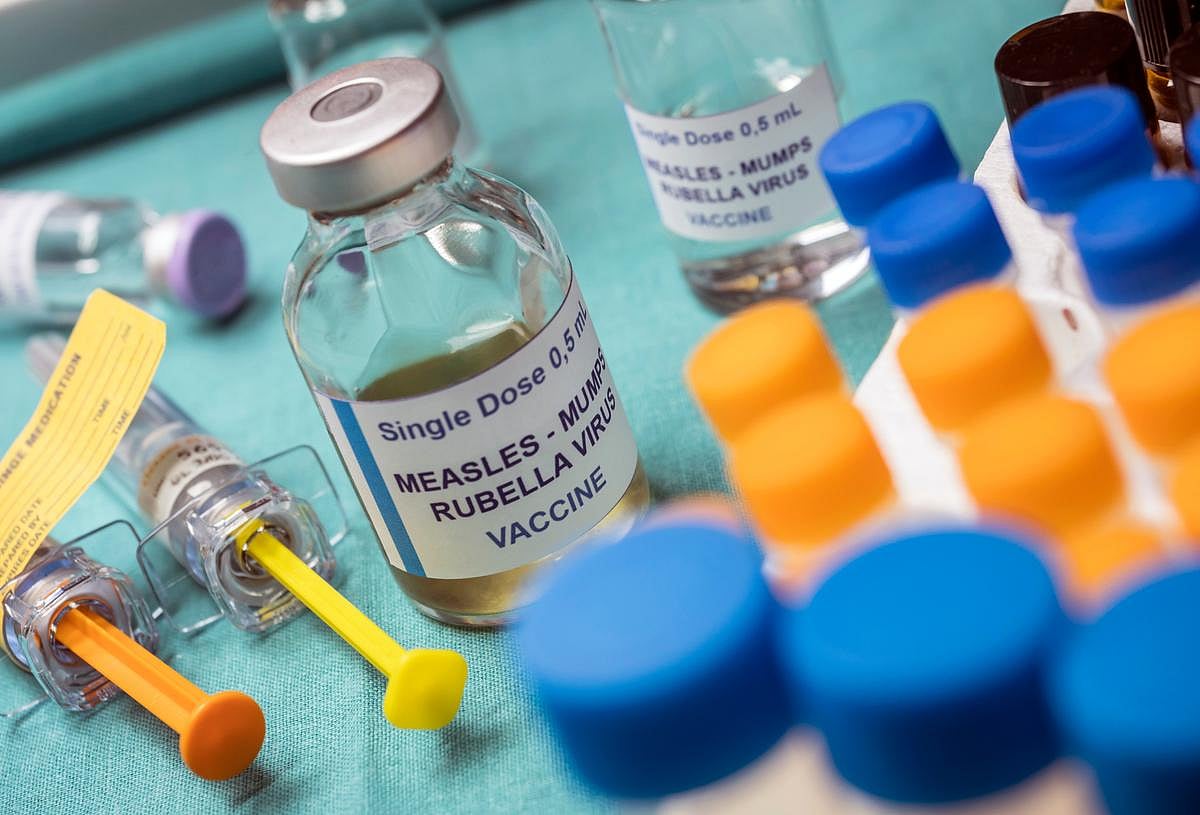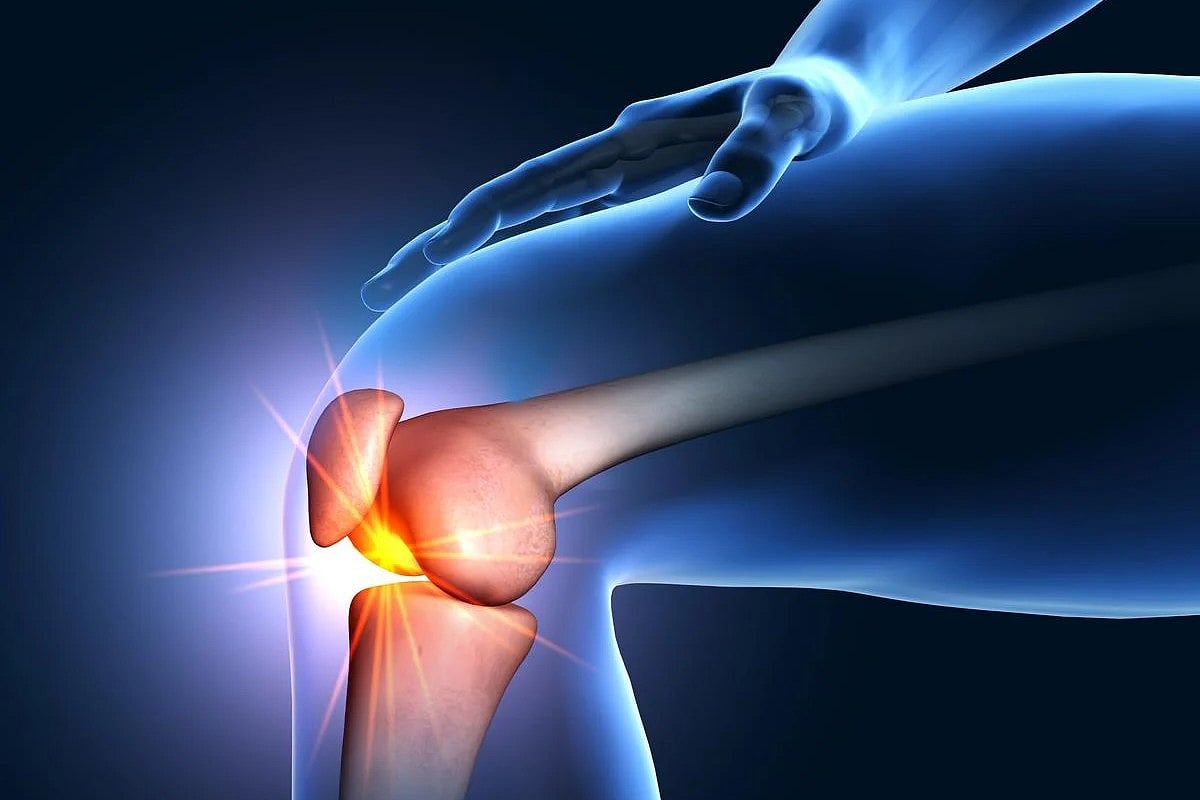
Experts argue it’s never too late to quit smoking, and a new study says that applies to people with late-stage cancer as well. Patients with advanced cancer gained nearly a full year of additional life if they quit smoking, compared to those who kept lighting up, researchers reported Oct 9 in the Journal of the… read on > read on >










.jpeg)



















